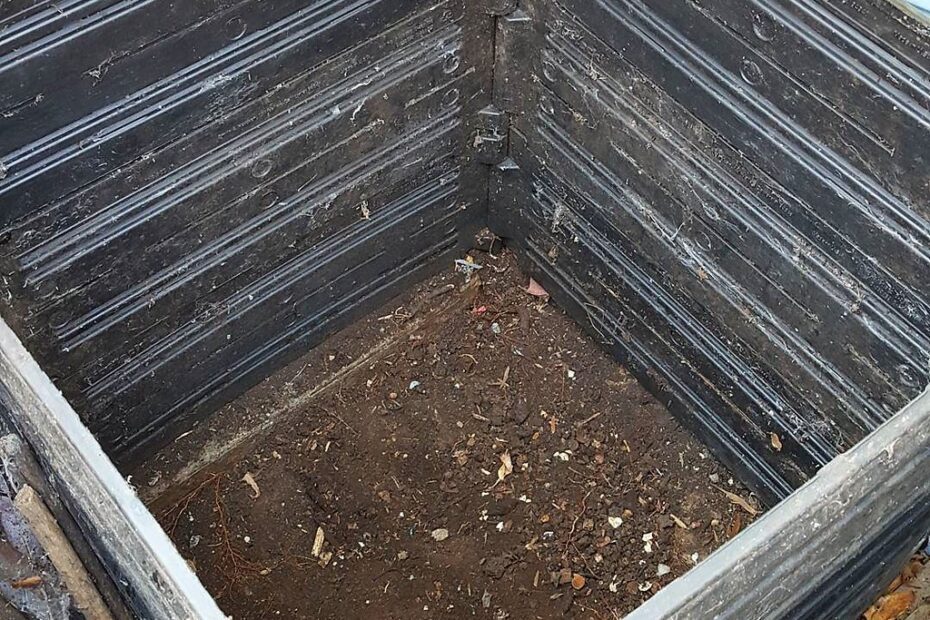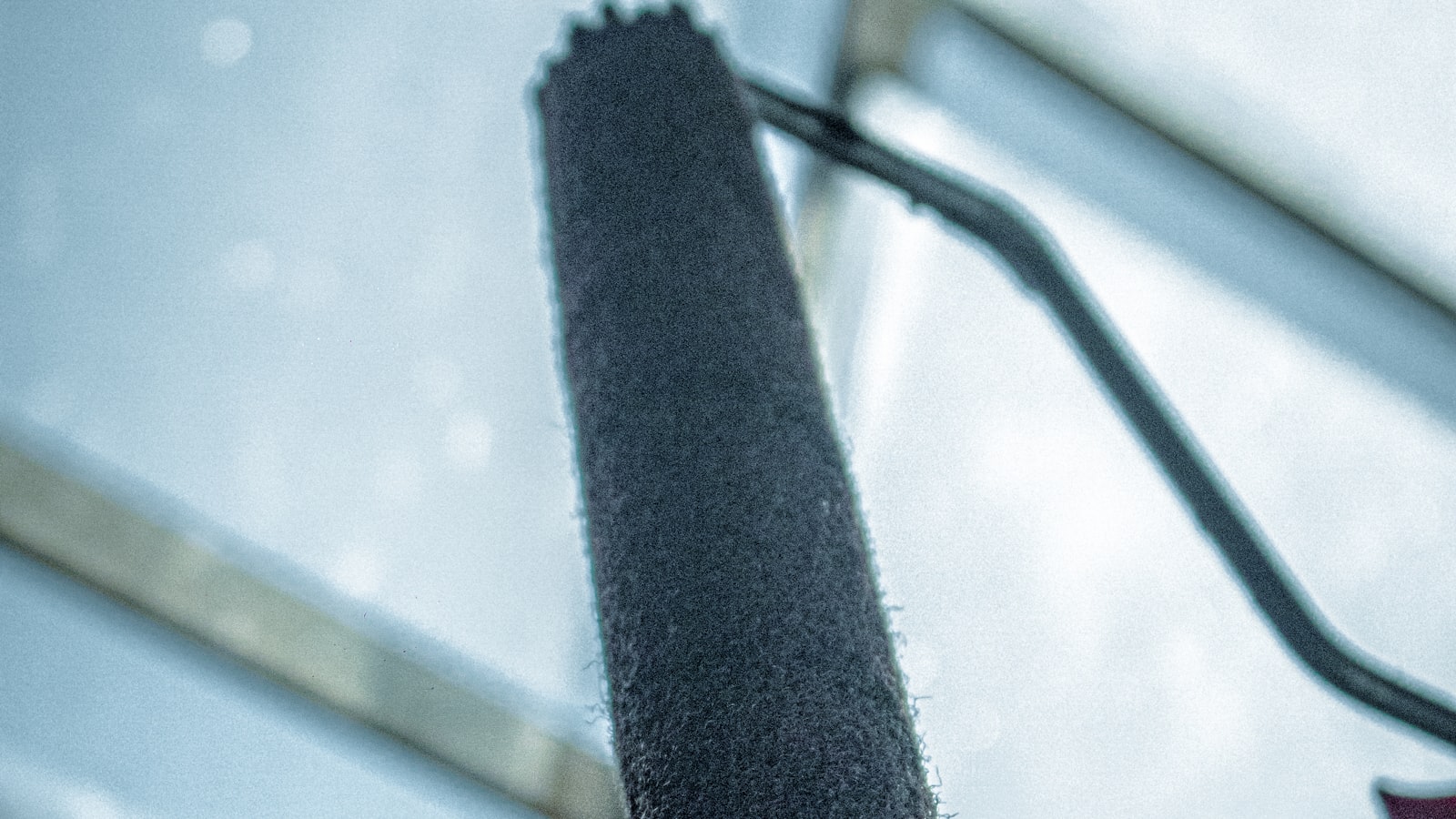Unraveling the transformative nature of composting has always been an awe-inspiring experience—the way our kitchen scraps and garden waste morph into nutrient-rich gold, ready to revitalize our plants and sustain our green spaces. Yet, amidst the admiration for this magical process, an essential question lingers in the hearts of compost enthusiasts: when is the perfect time to bestow our precious compost onto the waiting earth? With the delicate balance between decomposition and readiness, the answer lies within the intricate rhythms of nature, unveiling a secret dance of signs that ultimately guide us to the ideal moment. Join us on a journey of timing, patience, and the symbiotic relationship between compost and garden, as we delve into the enigmatic art of knowing when to empty the compost bin.
1. Perfect Timing: Uncovering the Optimal Moment to Empty Your Compost Bin
When it comes to the art of composting, timing is everything. You may be wondering, “When is the perfect moment to empty my compost bin?” Well, fear not! We’ve got you covered with some invaluable tips and insights that will help you determine the ideal timing for disposing of your compost.
1. Smell the Change: One clue that indicates your compost is ready to be emptied is the sweet, earthy aroma it emits. When you notice a rich, organic scent wafting from your bin, it’s a good sign that the decomposition process has done its magic, transforming your kitchen scraps into nutrient-rich soil.
2. Peek Underneath: Another helpful technique is to take a sneak peek beneath the top layer of your compost. Use a garden fork or shovel to gently turn and expose the lower layers. If you spot a dark, crumbly texture resembling fine soil, congratulations! Your compost is nearing perfection and it’s time for a harvest!
| Compost Bin Timing Features | |
|---|---|
| Feature | Description |
| Odor | If your compost has a pleasant earthy smell, it’s ready to be emptied. |
| Texture | Check for dark, crumbly soil-like texture to determine compost readiness. |
| Temperature | Monitor the temperature using a compost thermometer; a drop in heat indicates a possible harvest time. |
3. Temperature Tale: The internal temperature of your compost also provides significant clues. Invest in a compost thermometer and keep an eye on the temperature. Once it starts to decrease or remains consistently cooler than usual, this can indicate that the decomposition process is slowing down, suggesting that it’s time for your compost to meet the garden.
Remember, timing is crucial when it comes to emptying your compost bin. The valuable nutrients within are at their peak, waiting to nourish your plants and soil. Utilize your senses, observe changes, and follow nature’s cues to ensure you achieve the perfect timing for an abundant compost harvest!
2. Ensure Optimal Decomposition: Signs Indicating it’s Time to Empty Your Compost Bin
Composting is a wonderful way to reduce waste and create nutrient-rich soil for your garden. However, it’s important to know when it’s time to empty your compost bin to ensure optimal decomposition and maintain a healthy composting process. Here are some signs indicating that your compost bin is ready to be emptied:
- 1. The compost is dark and crumbly: When the organic matter in your compost has fully decomposed, it will take on a dark and crumbly appearance. This indicates that the beneficial microorganisms have done their job and transformed the waste into humus-rich soil.
- 2. No recognizable materials: If you can no longer identify any original materials in your compost, such as pieces of fruit or vegetable scraps, leaves, or grass clippings, it’s a good sign that the decomposition process is complete.
- 3. Earthy smell: When your compost has a pleasant, earthy smell, it shows that it has gone through proper decomposition. Avoid any foul odors that may indicate anaerobic conditions or a lack of oxygen in the composting process.
- 4. Reduced volume: Over time, as the organic matter breaks down, your compost pile will naturally reduce in volume. If your bin is almost full and you notice a significant decrease in volume, it’s a clear signal that the compost is ready for harvesting.
Now that you know when to empty your compost bin, let’s explore some tips to ensure a successful composting experience:
| Tips | Features |
|---|---|
| Add diverse materials | By mixing a variety of organic materials in your compost, such as kitchen scraps, yard waste, and shredded paper, you create a balanced nutrient profile and encourage a faster decomposition process. |
| Turn and aerate regularly | Turning your compost pile regularly helps to provide oxygen to the microorganisms and promotes even breakdown of the organic matter. Aeration prevents any unpleasant smells and avoids compacting the pile. |
| Maintain proper moisture levels | Keeping your compost moist, but not waterlogged, is crucial for the decomposition process. Aim for a moisture level similar to that of a damp sponge to ensure optimal conditions for the microorganisms. |
By following these signs and tips, you’ll be able to determine the right time to empty your compost bin and create nutrient-rich, ready-to-use compost for your garden. Happy composting!
+
3. A Step-by-Step Guide: How to Determine When to Empty Your Compost Bin
Keeping track of when to empty your compost bin is vital for maintaining a healthy garden and maximizing the benefits of your composting efforts. While there is no one-size-fits-all answer to this question, there are several indicators that can help you determine the ideal time to empty your bin.
To begin with, regularly assess the appearance and smell of your compost. If the compost is dark, crumbly, and earthy in odor, it is likely fully decomposed and ready to be used. Another way to check if your compost is fully mature is by observing the temperature. A cold compost pile suggests that the decomposition process has slowed down, signaling that the compost is likely finished.
In addition to these visual and olfactory clues, monitoring the level of your compost bin is essential. If your bin is consistently full and you are no longer able to add new material, it may be time to empty it. Another indicator is the presence of large, undecomposed materials that have not broken down over time.
| Features | Tips |
|---|---|
| Observe appearance and smell | Brown color, earthy odor |
| Check compost temperature | Lower temperature, cooler to the touch |
| Monitor compost bin level | Unable to add new material |
By paying attention to these signs and following this step-by-step guide, you will be able to determine when the time is right to empty your compost bin. Remember, the ultimate goal is to have nutrient-rich compost that will enrich your garden soil and help your plants thrive.
4. Compost Quality Control: Expert Recommendations for Maintaining an Efficient Composting Process
When to Empty Compost Bin
Proper timing and regular maintenance are essential for maintaining an efficient composting process. After all, compost quality control is fundamental in producing nutrient-rich organic matter for your garden. When it comes to knowing when to empty your compost bin, there are a few expert recommendations you can follow to ensure optimal results.
1. Maturity of Compost:
One of the key indicators that your compost is ready to be emptied is the maturity of the material. Fully mature compost should have a dark brown color, an earthy smell, and a crumbly texture. If you notice these characteristics, it’s a good indication that your compost is ready to be used.
2. Time Period:
On average, it takes about 3 to 6 months for a compost pile to reach maturity. However, this can vary depending on various factors such as the type of materials used, environmental conditions, and how well the compost pile is being managed. Monitoring the time period and ensuring regular turning of the pile can help determine when to empty the compost bin.
| Features/Tips | Benefits |
|---|---|
| Regularly turning the compost pile |
|
| Avoiding excessive moisture |
|
| Addition of diverse organic materials |
|
Frequently Asked Questions
Q: When is the best time to bid farewell to your compost bin’s contents?
A: Ah, the wondrous cycle of life—composting! But when do you know it’s time to part ways? Let’s find out!
Q: How do I know when my compost bin is ready for emptying?
A: Fear not, dear gardener! To know if it’s time to unleash that rich, dark goodness, look for these signs: a heavenly earthy smell, a crumbly and uniform texture, and a splendidly dark brown or black color.
Q: What happens if I wait too long or don’t wait long enough to empty my compost bin?
A: Ah, the tricky balance! If you wait too long, you risk your compost turning into an impenetrable brick that is difficult to work with. On the flip side, if you empty it too soon, the precious nutrients won’t have fully broken down. So, pay attention to the signs, trust your senses, and find that sweet spot of composting glory! In the grand dance between nature and human hands, composting emerges as a breathtaking choreography of decay, transformation, and growth. With each toss of waste into our compost bins, we participate in this timeless rhythm, harnessing the power of microorganisms to cultivate black gold. But as stewards of this organic symphony, one question arises: when is the perfect moment to unveil the treasures within our compost bin? Today, we explored the delicate balance within the heart of this artful process, discerning the signs that whisper for us to take action.
As we traverse the vast landscapes of composting, it becomes evident that patience is both a virtue and a beacon. Our compost bin, a cocoon teeming with life, evolves at its own pace, gradually transforming its humble contents into rich, crumbly delight. The first clue, dear composter, lies in the temperature. Behold the thermophilic magic within your bin. When that magnificent heat starts to wane, a gentle reminder booms from beneath the earth’s surface: the time for emptying draws near.
But temperature alone cannot solely guide our judgment. As we venture deeper, we are beckoned by the captivating song of decomposition. Observe the texture and appearance of your compost. When it emerges as an earthy symphony of darkness, resembling those fertile soils in ancient forests, it heralds the grand finale. This dark, rich hummus signals that the time has come to breathe life into your garden.
As the seasons shift and the moon whispers secrets to the earth, the duration between compost bin emptyings may vary. Some may find bliss in a quarterly ritual, marvelling at the fruits of nature’s labor. Others may prefer a more frequent cadence, embracing an ongoing dance of nourishment. It is a dance that each composter must ultimately choreograph, attuned to the unique needs and rhythm of their garden.
So, dear ardent composter, let the beauty of transformative decay speak to you. Tune your senses to the delicate harmonies of temperature and texture. Listen to the whispers of earthworms and microorganisms, for they are the conductors of this divine orchestra. And when the time is right, venture into your compost bin with anticipation, unearthing the boundless potential contained within.
With each scoop, you become both gardener and alchemist, bridging the gap between waste and wonder. For in the realm of composting, there is no end, only new beginnings. So, embrace this precious cycle, and let the symphony of nature guide your hand. Empty your compost bin, and with it, unleash the magic that will nurture a vibrant world of life, one humble shovel at a time.
- When to Put Weed and Feed on Lawn in Michigan - October 16, 2023
- When to Fertilize Potatoes Plants - October 16, 2023
- Can You Plant Clover in the Spring - October 16, 2023
Contents
- 1 1. Perfect Timing: Uncovering the Optimal Moment to Empty Your Compost Bin
- 2 2. Ensure Optimal Decomposition: Signs Indicating it’s Time to Empty Your Compost Bin
- 3 3. A Step-by-Step Guide: How to Determine When to Empty Your Compost Bin
- 4 4. Compost Quality Control: Expert Recommendations for Maintaining an Efficient Composting Process
- 5 When to Empty Compost Bin
- 6 Frequently Asked Questions





